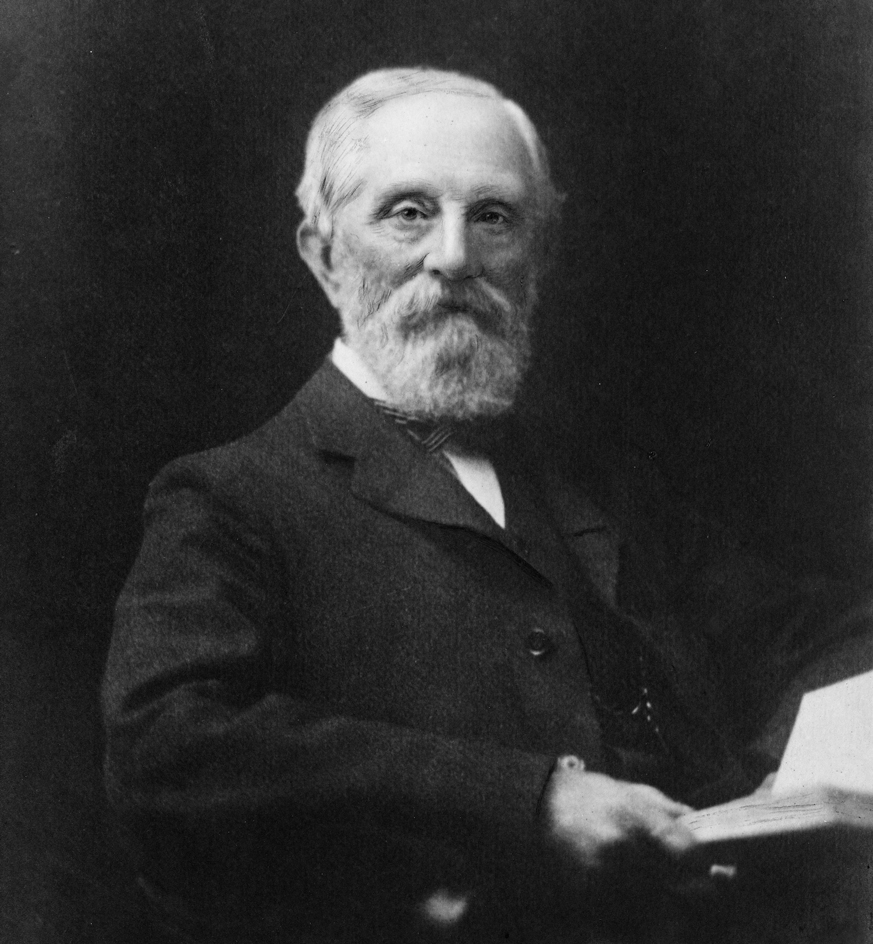Hall, John (1824-1907), was a British politician who served as prime minister, or premier, of New Zealand from 1879 to 1882. He was also a long-serving member of New Zealand’s Parliament. Late in his legislative career, Hall played a key role in giving women in New Zealand the right to vote. At the time of his administration, New Zealand was a British colony.
Early life.
Hall was born in Hull (now officially called Kingston upon Hull), England, on Dec. 18, 1824. His father, George Hall, was a shipowner who, as a young man, had fought as a sailor for the United Kingdom in the Napoleonic Wars in the early 1800’s. From the ages of 10 to 16, John attended schools in France, Germany, and Switzerland. In 1840, he returned to England. In 1843, he began working for the London General Post Office.

In the late 1840’s or early 1850’s, Hall gained an interest in the Canterbury Association, an Anglican organization that hoped to found a traditional English settlement in New Zealand. He soon decided to immigrate to New Zealand. Hall arrived at the port of Lyttelton, on New Zealand’s South Island, on July 31, 1852. He eventually settled in the province of Canterbury and established himself as a runholder (rancher).
Entry into politics.
In 1852, the British government granted the colony of New Zealand a constitution that included six provincial governments. As an advocate for runholders, Hall was elected to the Canterbury Provincial Council on Sept. 10, 1853. This was the first of many political roles for Hall. During the 1850’s, he served as provincial secretary for Canterbury; a justice of the peace for Canterbury; representative for Christchurch in the House of Representatives, which at that time was one of two houses of New Zealand’s Parliament; and colonial secretary. Hall also served as resident magistrate of first Lyttelton and then Christchurch, a role that included responsibilities of sheriff and police commissioner.
In 1860, Hall returned to England. He married Rose Anne Dryden (1828-1900), the daughter of a Hull solicitor (lawyer), on April 3, 1861. The couple had six children: Godfrey, who was born in 1862 and died that same year; Mildred, born in 1863; Wilfrid, born in 1864; John, born in 1865; Mary, born in 1867; and another son named Godfrey, born in 1868.
In early 1862, Hall returned to New Zealand and reentered politics. Throughout the 1860’s and 1870’s, he held a number of offices. From 1862 to 1863, he served as the first chairman of the Christchurch municipal council. He was elected to the Canterbury Provincial Council again in 1863 and served on it until 1873. From March 1864 to March 1866, he was the province’s secretary of public works. During this time, he worked to develop a road from Christchurch to newly discovered gold fields in the Westland region.
In the early 1860’s, Hall also served in the Legislative Council, which was the second house of New Zealand’s Parliament. In the late 1860’s, he represented Heathcote in the House of Representatives and served as postmaster general and electric telegraph commissioner under Prime Minister Edward William Stafford. From 1870 to 1871, Hall again served as provincial secretary of the Canterbury Provincial Council. In 1872, he was appointed again to the Legislative Council and became its head. He served as colonial secretary from October 1872 until March 1873, when health problems forced him to resign from office. However, he kept his seat on the Legislative Council. He went back to England, where he stayed until returning to New Zealand in 1876.
Prime minister.
In 1879, Hall resigned from the Legislative Council and won election to the House of Representatives. He became leader of the opposition to Prime Minister George Grey, a former governor of New Zealand. In October, Grey lost a vote of confidence in the House and resigned as prime minister. On October 8, Hall became prime minister. As prime minister, Hall passed several bills drafted by Grey, including one allowing universal male suffrage (right to vote).
During his time in office, Hall had to face a rising conflict between colonists and New Zealand’s native Māori << MOW ree or MAH ree >> people. A Māori prophet named Te Whiti led a peaceful resistance to colonists’ attempts to settle on land that had belonged to Māori. The government had confiscated land throughout the North Island following the New Zealand Wars (1860-1872). Hall attempted to negotiate with Te Whiti but was unsuccessful. In November 1881, colonial troops invaded the town of Parihaka, arrested Te Whiti, and burned the homes of his followers. See also Te Whiti .
On April 21, 1882, Hall stepped down as prime minister, in part due to continuing health problems. Queen Victoria of the United Kingdom knighted him in May, and he became known as Sir John Hall. He resigned from the House of Representatives in February 1883 and returned to England.
Later years.
Hall returned to New Zealand in January 1887. That September, he was returned to the House of Representatives. He led a successful parliamentary campaign for female suffrage. A bill granting women the right to vote was passed in September 1893. Soon after, Hall retired from national politics. He accepted the honor of being appointed mayor of Christchurch for its exhibition year, 1906. He died in that city on June 25, 1907.
